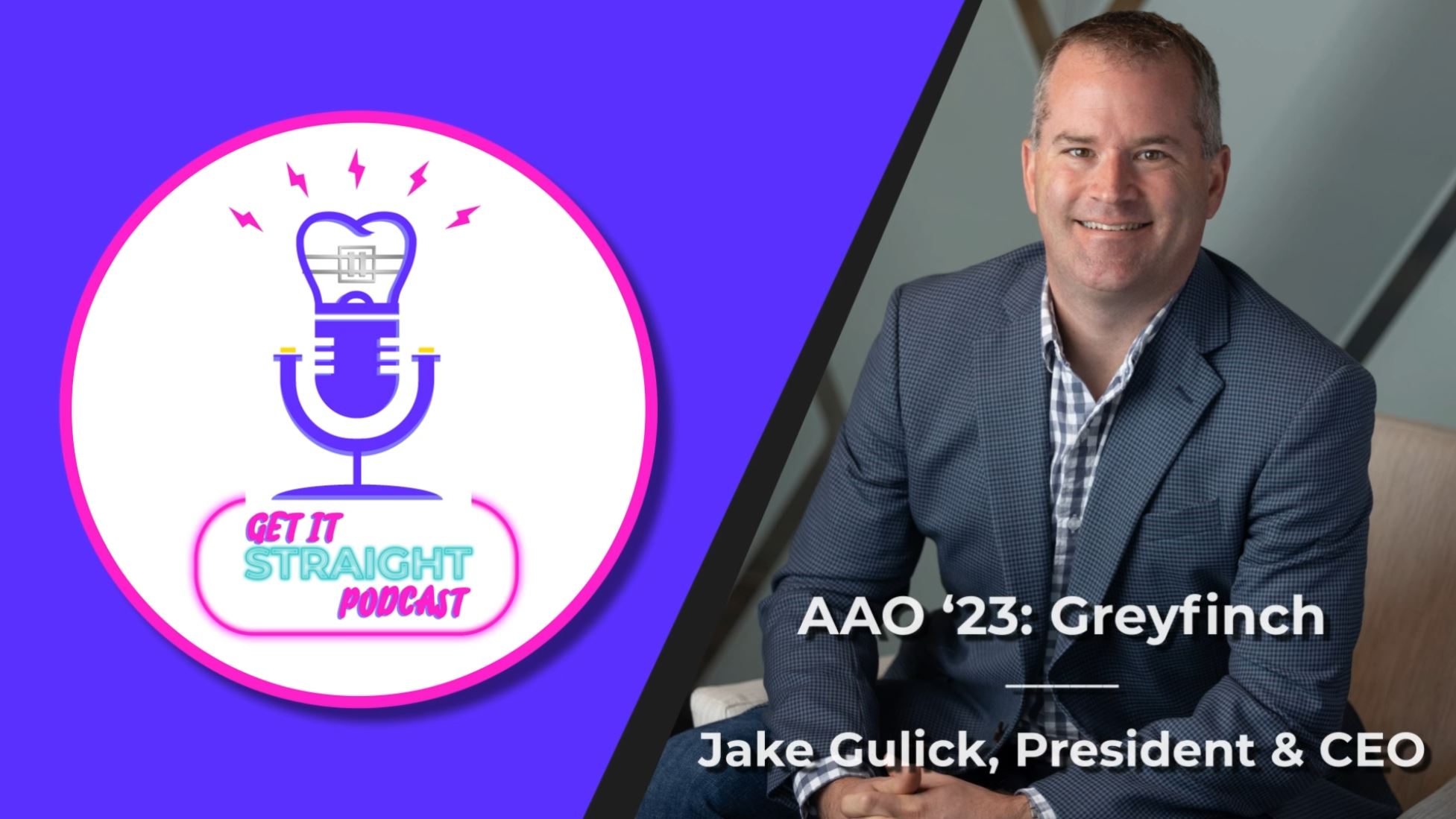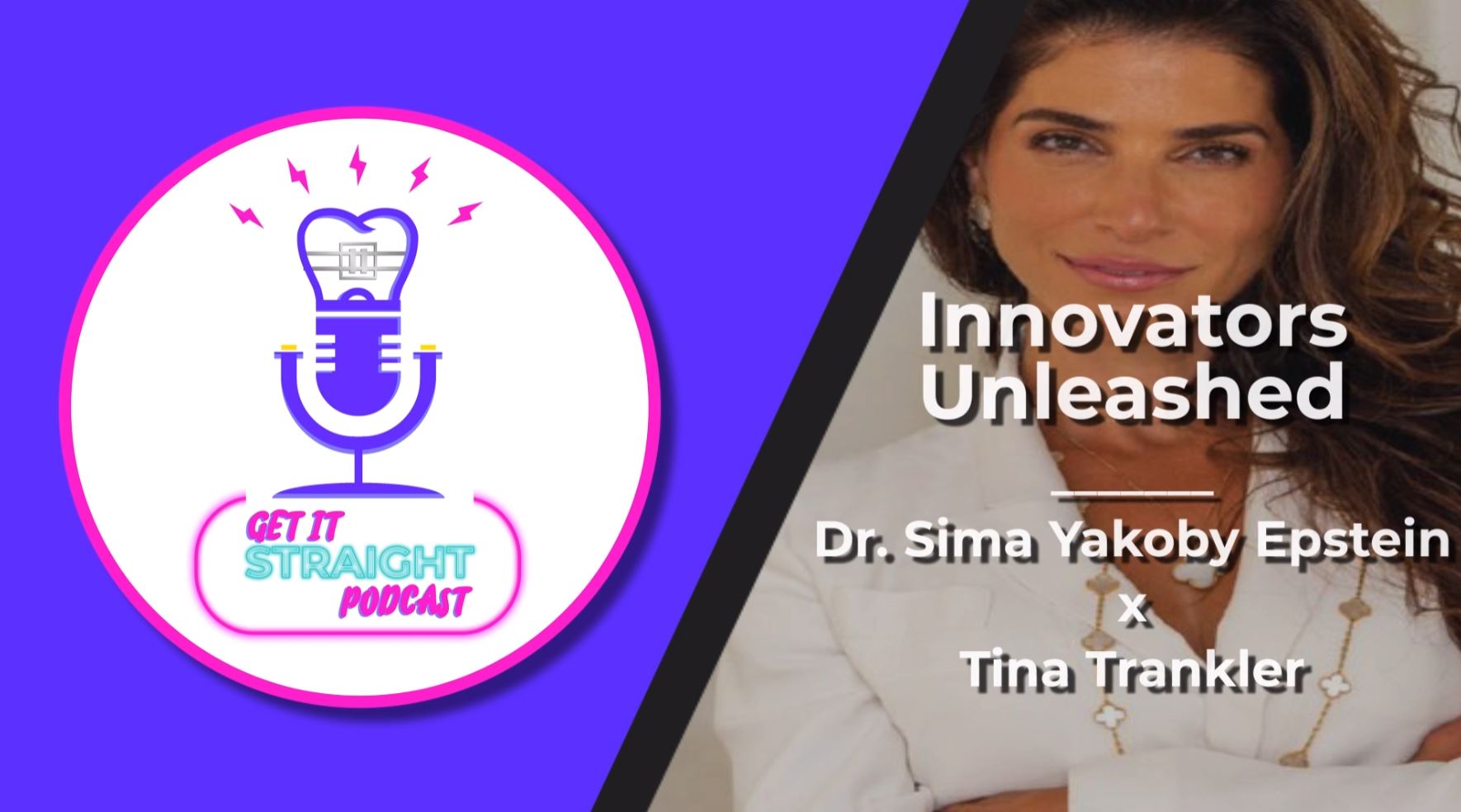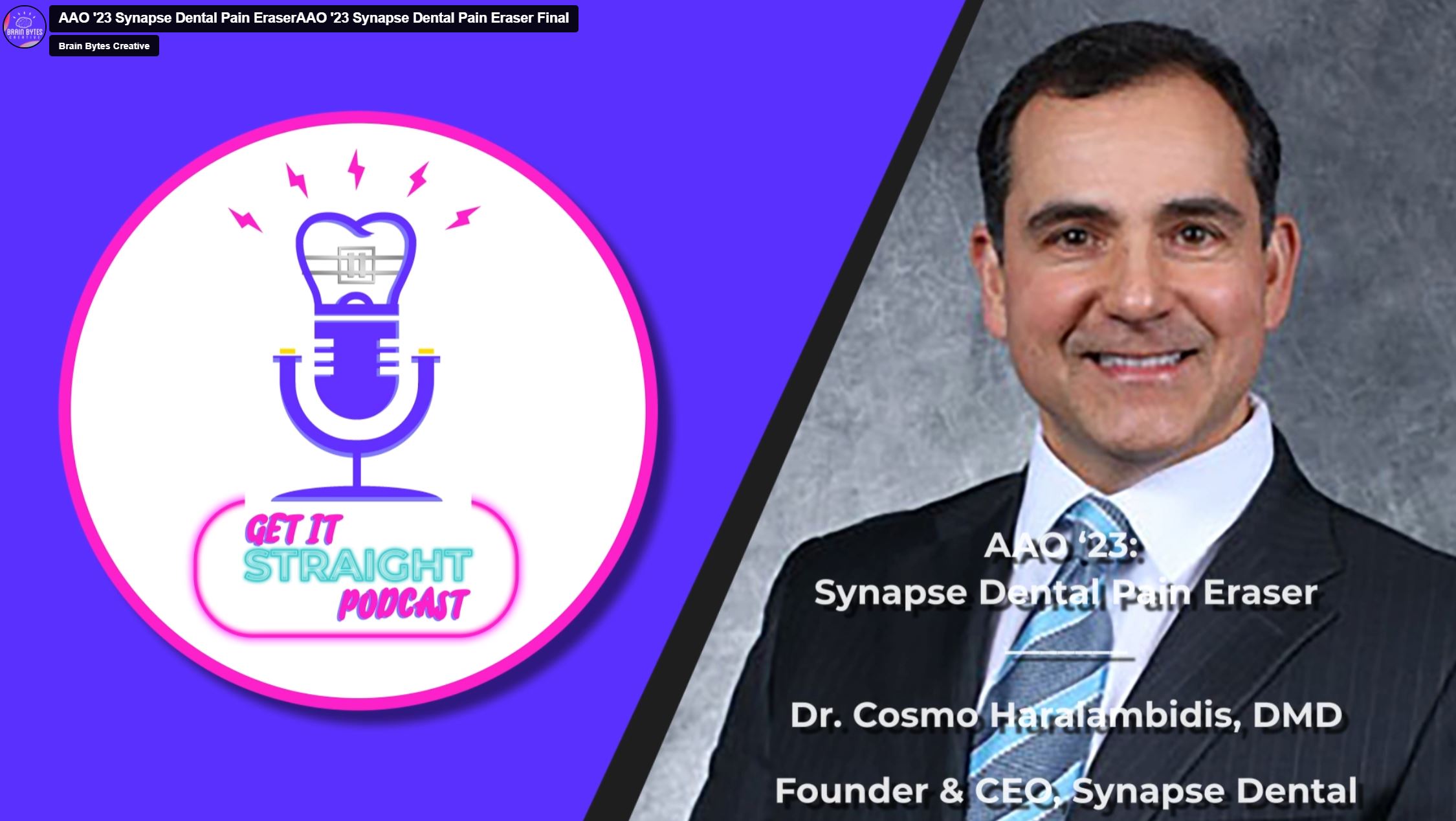What SEO is
Search Engine Optimization (SEO) is essentially a collection of strategies that increase the quantity and quality of traffic to your website through organic search engine results. It’s a form of targeted marketing, interwoven throughout your website that helps attract visitors who really want to be there.
Many marketers today rank SEO as one of their most effective digital marketing strategies because the majority of consumers research products online before going to a store. SEO is important because it can help your site appear closer to the top of the search results when consumers are looking for the products or services you provide.
You might have heard SEO described as the inclusion of certain keywords throughout your website’s content. In the past, companies would cram in as many keywords as often as possible on their site in order to see results. This is not the way SEO works today. In fact, this old strategy can have a negative impact on your ranking. Today’s SEO still relies on keywords, but in different ways. Search engines have gotten smarter and understand context better, so keywords are now thoughtfully included throughout in order to be useful, added to copy only when it makes sense.
Other elements which positively impact SEO include:
- Incorporating internal links throughout your site
- External links from reputable sites
- Fast page speeds and solid technical foundation
- Good user experience and accessibility
What SEO isn’t
- SEO isn’t SEM
Many people new to the world of SEO confuse it with SEM (search engine marketing). These very similar terms are not interchangeable. SEM refers to paid search, sometimes called pay per click (PPC). These are the text-based ads that appear on the top or alongside search results when you enter a search query. SEO and SEM are important parts of search marketing, but they work very differently. - SEO isn’t a quick fix to all your search marketing problems.
It takes time to strategize and optimize your site, and even longer to start seeing the results. Don’t give up hope if your tactics aren’t making immediate, drastic changes to your traffic. There are changes you can make to see some quick wins in search, but it’s important to remember that SEO is a long-term strategy and will show the best results over time. - It isn’t a “one and done” tactic.
To be truly competitive in search, you need to continually be improving upon what you’ve done. You may be ranking on page one today, but that doesn’t mean your finished. If you set it and forget it, those competitor sites out there that are actively working to improve their SEO are going to bump you down the list.
Why you need SEO
According to BrightEdge, over 40% of revenue is captured by organic traffic.
This means SEO can positively impact almost half of your business since it targets consumers on the search for information. Unlike when people click on an ad, organic search means your site is discovered without you having to pay for the clickthrough. The higher your site ranks in any given search engine result, the more likely you’ll get that organic click. A higher rank can lead to more visits and more sales.

Chitika states that sites that appear on the first page of search results get 91.5% of the average traffic.
The more prominent your site ranks, the better. Getting a spot on this prime real estate you can improve clicks, build brand awareness and even improve brand loyalty. When a consumer sees your site on that first page, clicks through and has a positive user experience, they’re more likely to become a repeat customer.
All of these boosts translate to more conversions and more business without you having to pay for the user to see you online. When done well, SEO can drive qualified leads.
SEO also compliments other marketing efforts.
It should be seen as an integral part of any business’ overall marketing efforts. It enhances other digital strategies you’ve got in place, such as utilizing social media. It positively influences offline strategies by giving you additional insight into your audience which can translate to how you market to them in all channels. Knowing how you’re being searched for, what keywords others identify with your industry and your company, can become useful information in other areas of marketing such as crafting marketing messages and positioning your brand.
So now you know you need SEO, but what’s next?
In-house SEO vs SEO agency
Deciding this ultimately depends on your needs and the qualifications of your employees, however, there are some clear positives with either option.
In-house SEO
When you keep your SEO efforts in-house, you have a single person is exclusively focused on you. They work directly for you, so they have a complete understanding of your company’s products and needs, and are putting all of their time into your efforts. It’s important to find someone that has skills related to all areas of SEO in order to implement a complete strategy.
Working with an agency
Agencies bring a team of SEO experts to the table where each individual often has extensive knowledge in digital marketing as well as a specific aspect of SEO. Working collaboratively, they will get to know your business in as much detail as possible, digging into optimization areas like website goals, measuring success, and pinpointing target audience while also getting to understand your business by studying your brand, your market position, and what makes you unique. Asking the right questions and getting to know your business ensures everyone associated with your project knows you and your needs.
Agencies may also offer additional services tangential to your SEO needs, enabling you to have a single partner in SEO, web design, CRO, and other areas of digital marketing. You’re also only paying for the time you need, rather than having to cover the salary of a full-time, in-house employee.



